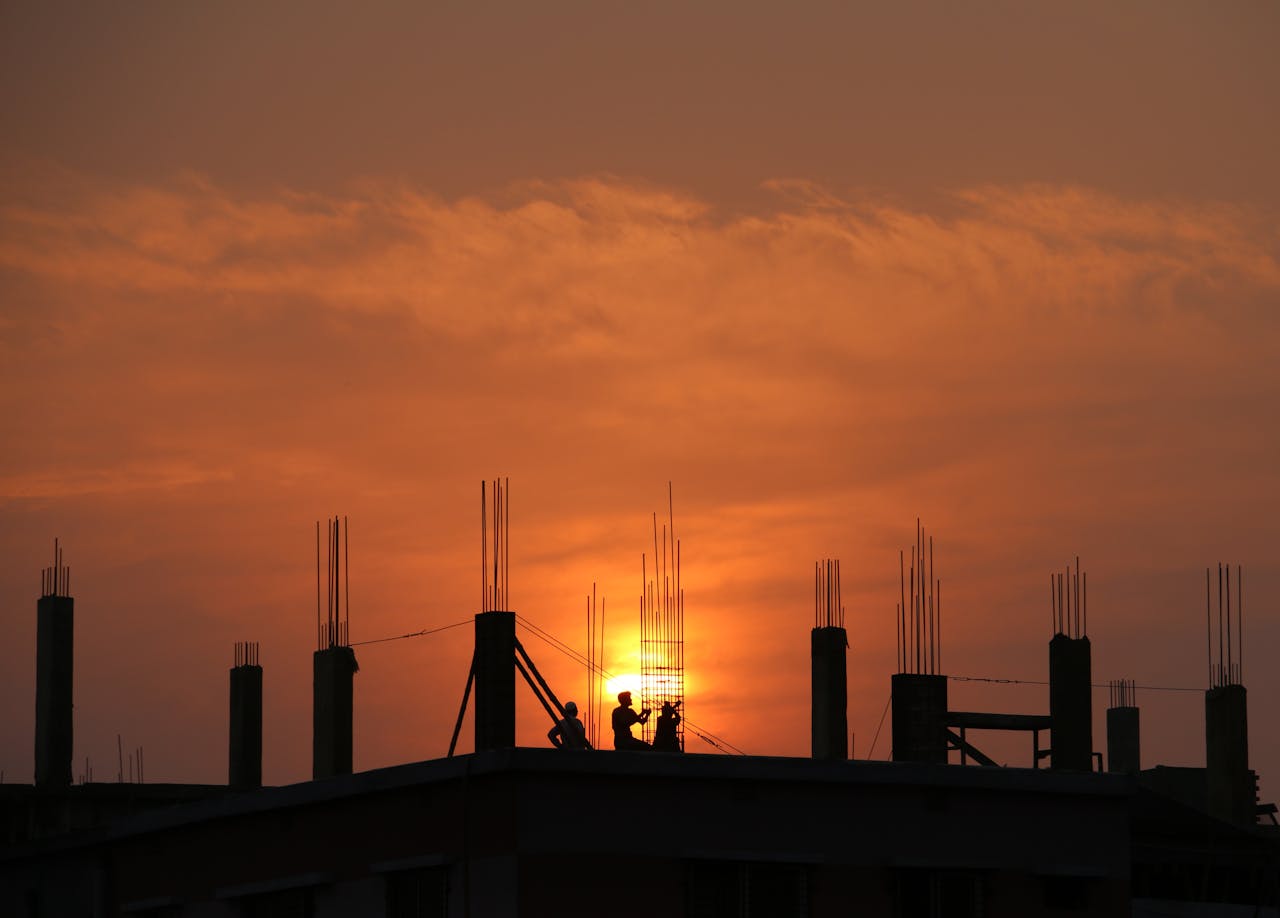Canada News
Ontario’s Keeping Energy Costs Down Act will do the exact opposite

The Ford government should immediately withdraw or amend Bill 165 to protect gas consumers and restore the independence of the Ontario Energy Board. (Pexels Photo)
Legislation introduced by the Ontario government threatens to lock in more greenhouse gas emissions for decades, increase air pollution and stick natural gas customers with higher bills and unused infrastructure worth billions of dollars.
Bill 165, the Keeping Energy Costs Down Act, which is awaiting final approval in the legislature at this writing, also gives new powers to the Ford government, threatens the independence of Ontario’s energy regulator and makes energy regulation more vulnerable to lobbying by powerful private interests.
The government should immediately withdraw or amend Bill 165 to protect Ontario gas consumers and restore the independence of the Ontario Energy Board (OEB).
Bill 165 was introduced in response to the OEB decision in December 2023 to an application by Enbridge Inc. The OEB determined that Enbridge’s forecast growth of natural gas demand in the province ignored the planned federal and provincial transition to clean energy and would therefore result in underused gas infrastructure, also known as “stranded assets.”
The OEB further decided the proposal by Enbridge to recover the cost of new infrastructure from its customers over 40 years, as was done historically, was unrealistic given the objective of reducing greenhouse gas emissions within the coming decade.
Regulators should remain independent as Canada moves away from fossil fuels
The next day, Ontario Energy Minister Todd Smith released a statement that he was “extremely disappointed” with the decision. He argued it would “lead to tens of thousands of dollars added to the cost of new homes” and “it’s not something we can allow to stand.”
Enbridge said it was disappointed by the decision and subsequently moved to appeal the ruling while Richard Lyall, president of the Residential Construction Council of Ontario, wrote that the “recent decision by the OEB if allowed to stand will drive yet another stake into the new-home building industry.”
However, Heather McDiarmid and I applauded the OEB, while environmental groups said the decision was a huge win for Ontario residents because it would encourage the construction of greener housing, reduce air pollution and lower greenhouse gas emissions.
Energy regulator decisions
The OEB and its counterpart in British Columbia ruled that Enbridge and FortisBC Energy had ignored the energy transition in their applications and would therefore construct unnecessary gas infrastructure.
The OEB replaced the historic approach with one in which gas connection charges to new homes would be 100-per-cent covered upfront by home builders and consequently would not become a stranded asset.
This change would protect the interests of gas customers – a central mandate of the OEB – because gas customers must pay for stranded assets. It also encouraged homebuilders to choose the most cost-effective option, one that would result in greener, all-electric homes and reduce greenhouse gas emissions.
But Enbridge was disappointed with the decision. That may be because Enbridge, like other utilities, benefits financially when new infrastructure is constructed. First, Enbridge is entitled to recover the costs of that infrastructure. Second, it is paid a percentage of that cost as profit. Simply put, when more gas infrastructure is built, Enbridge makes more money.
Builders were upset because they would now be required to pay for new gas connections that previously were installed at no charge to them.
Bill 165
Contrary to its name, Bill 165 will not keep gas costs down. Instead, it would empower the government to reset the way costs for new connections are recovered including back to the historic 40-year cost-recovery period. It would also enable the government to intervene in subsequent applications to the OEB.
Environmental groups and all the Ontario opposition parties strongly oppose Bill 165.
“This legislation would be bad for new homeowners, bad for existing gas customers, and bad for the environment,” says Keith Brooks of Environmental Defence.
Liberal MPP Ted Hsu, told the legislature: “The minister is going to be able to influence individual decisions of the OEB, and lobbying the minister will now become part of the process of deciding what we do or don’t do to protect consumers.”
Policy implications of political influence
Governments across Canada must ensure energy regulators remain independent to protect the interests of gas customers against the monopolistic power of gas utilities. This independence also protects energy regulators from regulatory capture – the danger that these agencies become dominated by the industries they regulate and make decisions that benefit these industries, not the public.
Bill 165 threatens this independence by empowering the Ontario government to intervene in OEB decisions.
Instead, the systematic process that energy regulators use to assess applications by gas utilities should continue. Energy regulator decisions are the product of public hearings where evidence provided by the utility, regulatory staff and other interested parties is assessed. Then, a carefully reasoned decision is publicly released and can be appealed.
Gas customers should not subsidize the industrial policies of the Ford government. Yet, Bill 165 further empowers the Ontario government to intervene in subsequent OEB decisions.
These include an application currently being considered by the OEB to build gas infrastructure to service 34 industrial-sized greenhouses and two gas-fired power generators. A future application could include gas infrastructure needed by the automotive industry.
Ian Mondrow, a lawyer and partner with Gowling WLG, writes: “The proposed legislation would transfer to politicians the authority to set natural gas delivery rates so as to support government economic development initiatives, rather than leaving authority with the province’s… independent energy regulator.”
As the transition from fossil fuels to clean energy gathers momentum, having an independent regulator making thorough systematic decisions will become even more important.
This article first appeared on Policy Options and is republished here under a Creative Commons license.





















